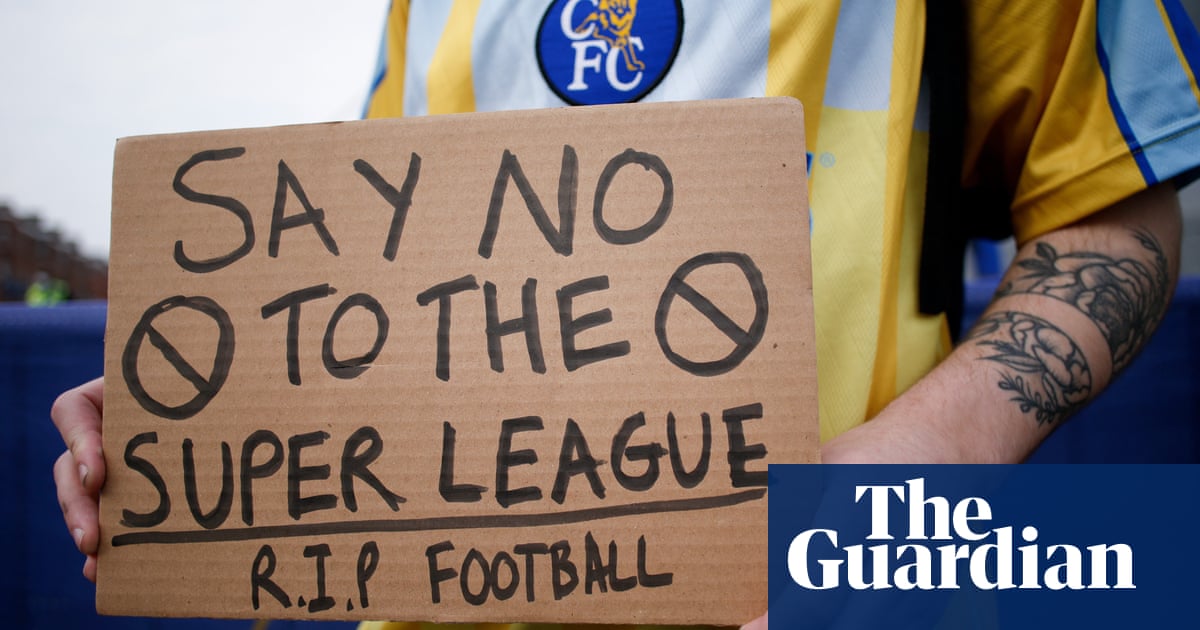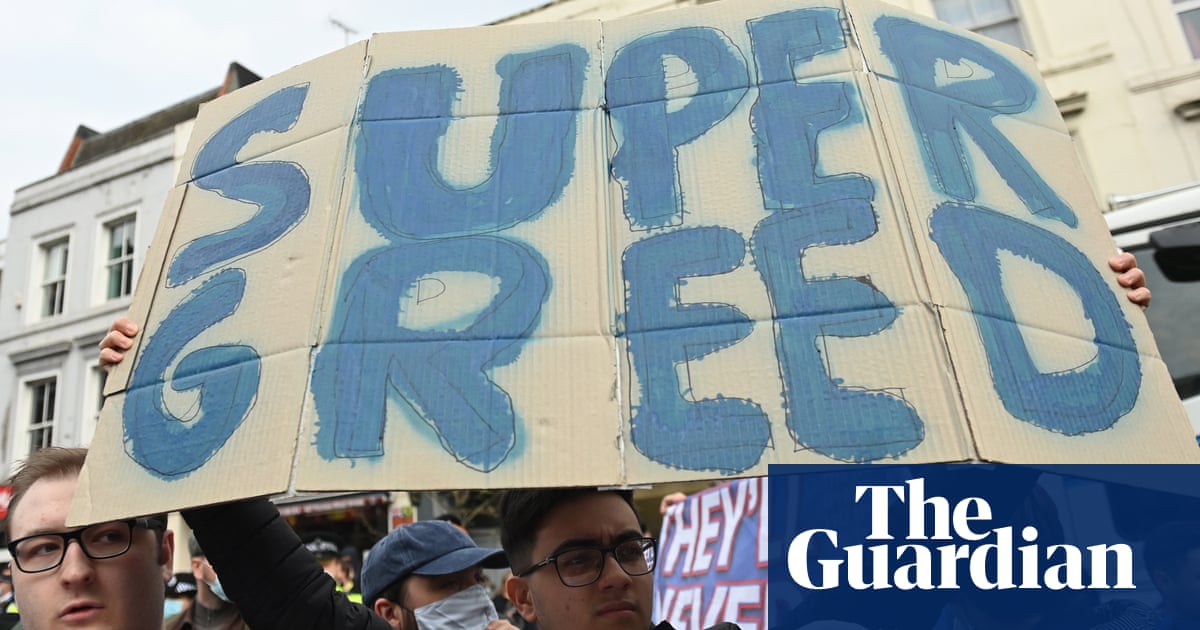
Both sides in the European Super League case are anticipating change in the way football is governed, as the verdict on Uefa’s decision to shut down the breakaway competition is finally heard at the European court of justice (ECJ) in Luxembourg on Thursday.
A legal process initiated by the European Super League Company, one which has been two years in the making, is set to come to a head, with the central issue relating to Uefa’s position as the gatekeeper of new footballing competitions within Europe.
In 2021, immediately following the announcement of the breakaway tournament, Uefa took disciplinary action against the 12 Super League clubs, with each sanctioned and banned from European qualification for joining a competition that was unauthorised by the governing body. The Super League company brought legal action in response, its arguments focusing on whether Uefa should have the power to decide what is authorised or not.
Uefa’s disciplinary processes were suspended as part of these proceedings, with nine of the 12 clubs also walking away from the Super League. An opinion published last year by an advocate general at the ECJ found Uefa had not acted against European competition law by sanctioning its clubs.
The opinion was seen as a substantial indication of a verdict that would ultimately find in Uefa’s favour, but subsequent readings have found scope for the court to intervene, primarily over the process by which Uefa assesses new competitions, and the criteria it applies before making a decision.
For the Super League Company, and the sports media firm A22 that has been lobbying on its behalf, any decision from the ECJ that shifts away from the status quo of Uefa as both regulator and competition organiser will be a victory. For Uefa, meanwhile, there is confidence that any changes would be procedural, with the organisation having updated the assessment process for new competitions last year.
According to Jose Rivas, the partner and co-head of the Brussels Competition Practice of law firm Bird & Bird, clarification of the process and criteria would be an appropriate intervention by the ECJ. “The answer to an applicant whose competition does not comply with the rules of a given sport governing body should be: ‘I defend these legitimate objective criteria – here they are in my statutes – promotion by merit and so on,’” Rivas said.
He went on to add, however: “I believe that the basic principle of EU law – that rules that are restrictive but which pursue a legitimate goal and are inherent and proportionate to achieving it – is going to be confirmed tomorrow.”










